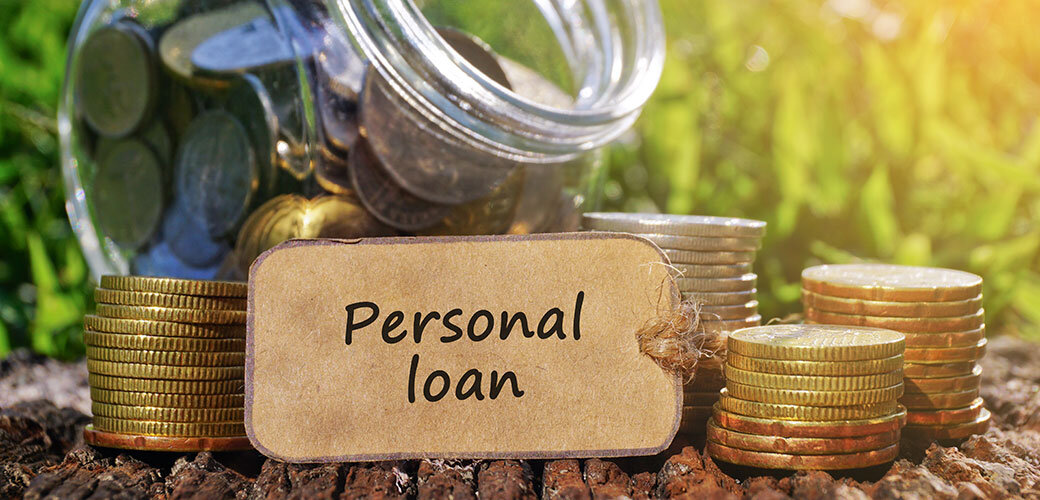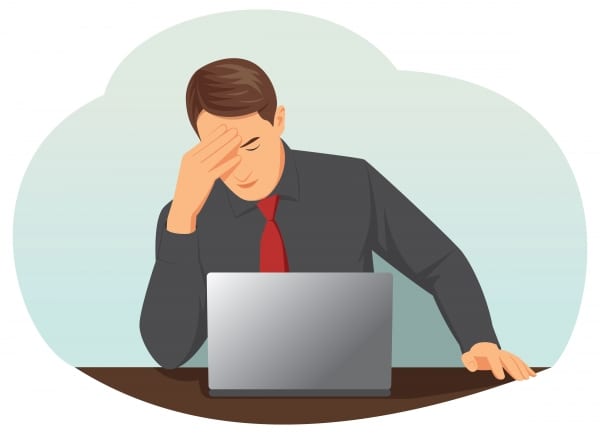When you have large outstanding debt, this could make it challenging for you to make timely repayments. And when you miss a payment, it is just a matter of time until you miss another one, and you enter a vicious cycle. Learn what to do when you can’t make a personal loan payment.
What can you do when you can’t make a personal loan payment?
Talk to Your Lender
For starters, you should consider discussing with your loan provider – whether it is a bank or a credit union, this should be the first thing on your list. Believe it or not, it is not that uncommon for people to struggle with making repayments. This can happen due to numerous reasons: it might be because of a large outstanding debt, or due to an unexpected life event, such as an illness, divorce, or natural catastrophe.
So, you should approach your lender and be utterly upfront regarding your situation. Truth be told, being transparent is critical. You shouldn’t feel ashamed to tell your lender that you’re struggling financially.
Negotiate for a Lower Interest Rate
Moving on, when you approach your lender, you should aim at negotiating for a lower interest rate. This could be really beneficial in aiding you to budget your finances more efficiently. You should assess the repayment amount you could cope with – perhaps the lender would be willing to make the arrangements to fit your individual needs.
Outline the fact that you wish to honour your outstanding debt, and the only way in which you can do that is if the monthly repayment were to be reduced. You might be required to write a letter of financial hardship, which should minutely present the reasons that caused your financial hardship. This letter should include the facts – such as job loss, divorce, illness, or other factors that determined your inability to make payments.
Nonetheless, try to keep the letter as to the point as possible. You should be upfront, yet not overly emotional, since this doesn’t portray you in the right light.
Consider Refinancing
In the case in which your current lender isn’t open to lower your interest rate, or to make the repayment plan more flexible so that it meets your needs, don’t give up. Another option might be collaborating with other providers of personal loans. This applies especially if you’re paying way too much in interest costs. This could be the case especially if you got the personal loan a while ago when loan terms were far from being convenient.
Refinancing is definitely worth considering, in this respect. Apply for a loan that would give you the funds to cover for the remaining amount on your personal loans. As soon as your application is accepted, you can use that money to pay for your existing debt.
Bear in mind..
Refinancing still means that you have the same amount of debt. The only difference is that you could save money in interest rate costs. At the same time, you could benefit from loan terms that are more suitable to your existing financial situation.
The key to knowing, for sure, that you’re actually getting a better deal is to research. Always compare various personal loans provided by distinct lenders. Australian Lending Centre can help in this respect, as well – make sure you check our website to find out more about our comprehensive offer of personal loans.
So, should you consider refinancing or not? The suitability of refinancing truly depends on your given circumstances. Ideally, you should assess how much your current personal loans are costing you, and compare that to the sum of money you’d pay for a new loan. Still, don’t forget to include one-time fees and other penalties that may apply in some scenarios. As a rule of thumb, don’t overlook reading the fine print of the loan terms, to know what you’re agreeing to.
Consider Credit Counselling
If you can’t make a personal loan payment, then it is likely that you also cannot afford to get help in the form of another loan. Perhaps getting credit counselling might guide you in the right direction.
Having an outside perspective can change everything. Counsellors are used to helping people that cope with the most difficult financial problems. Make sure you pick a counsellor that is truly reputable and willing to help – as opposed to someone that is trying to sell you something or to convince you to get another loan.
To conclude, it’s critical to comprehend your financial situation and avoid getting additional debt, if it’s possible. The key to making smart financial decisions is being aware how much money you make, and how much money you spend, and what you can do to change things for the better. Change doesn’t happen overnight, but, with a little bit of perseverance and ambition, anything is possible.






